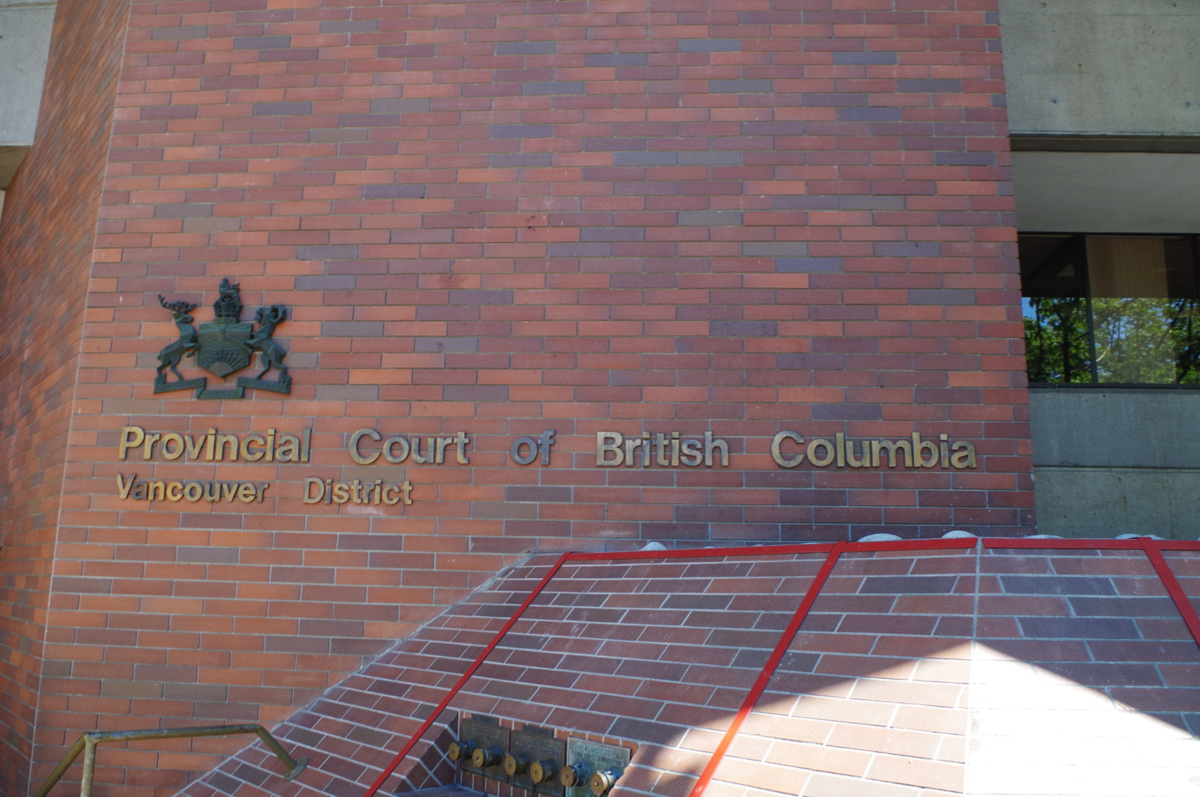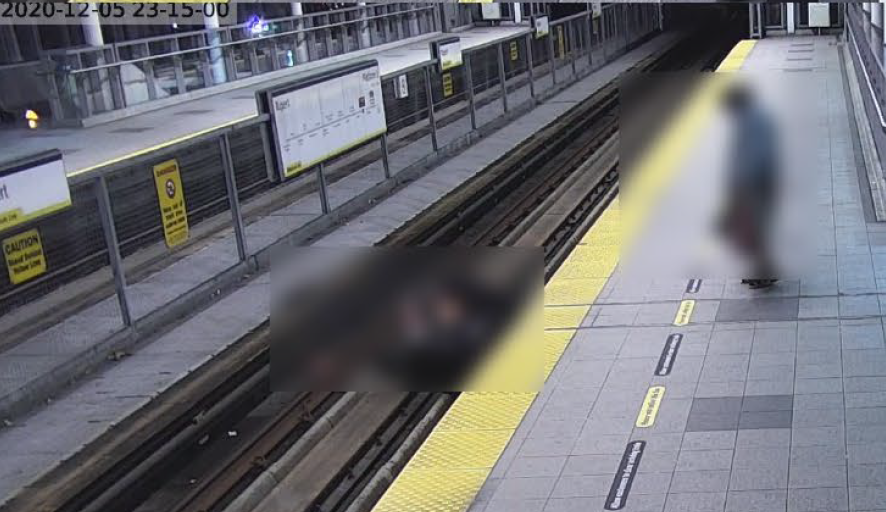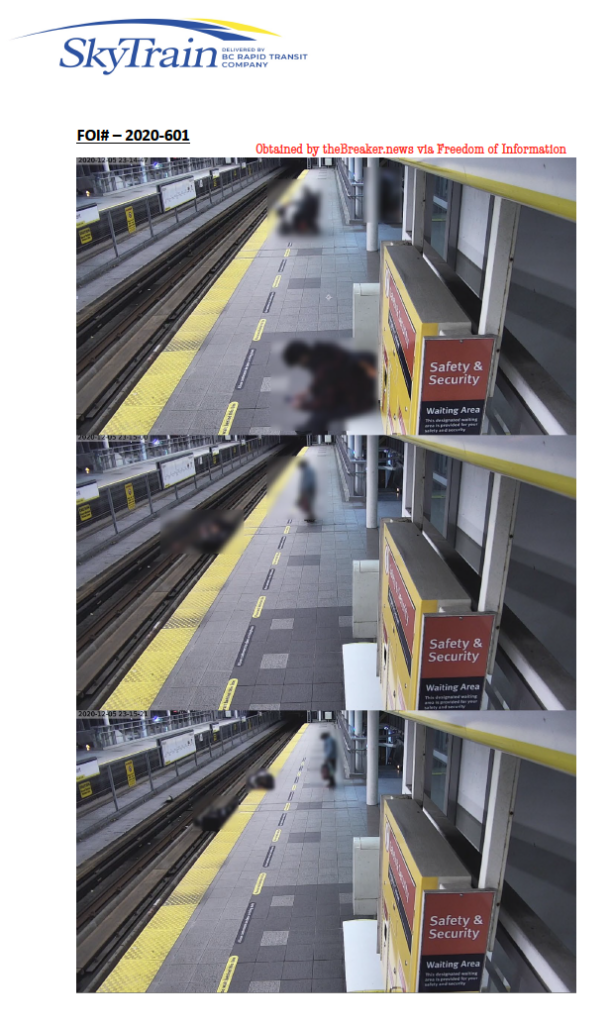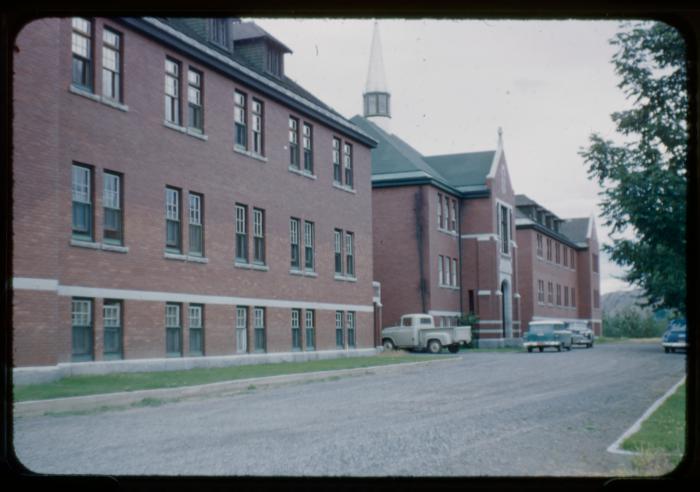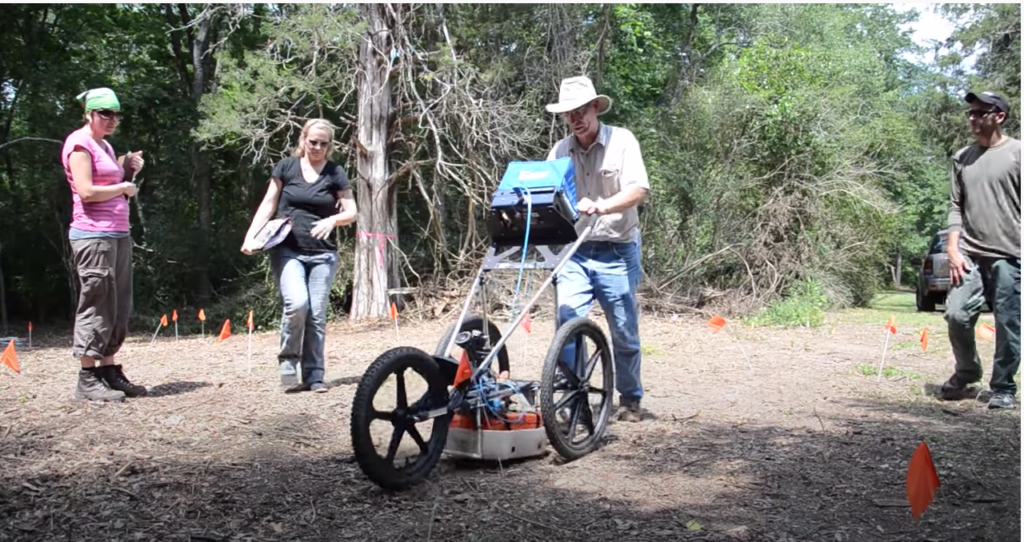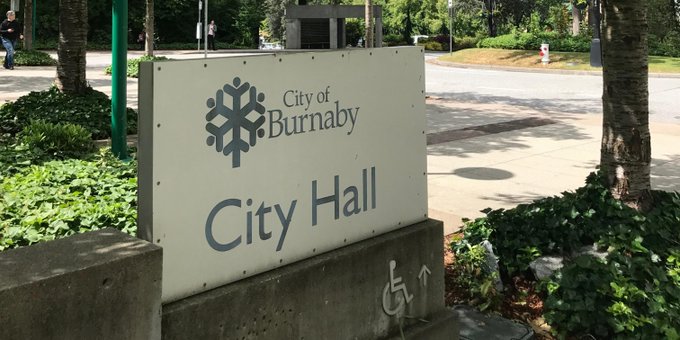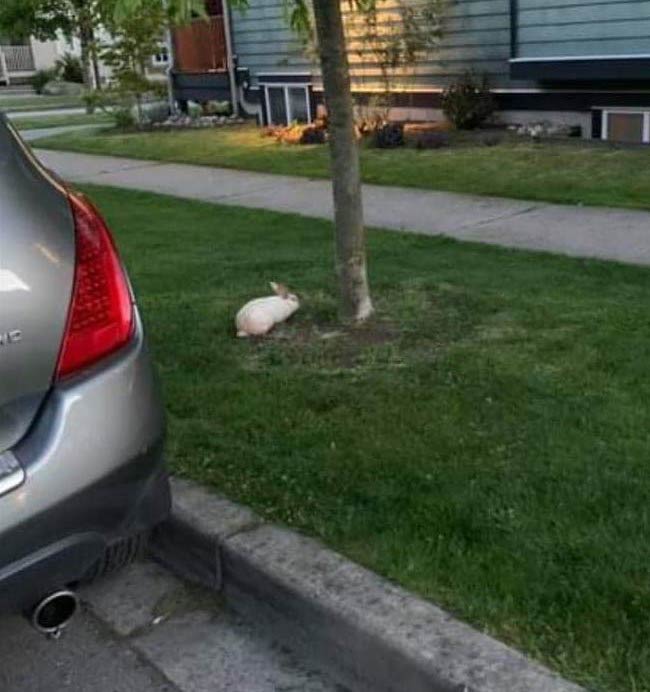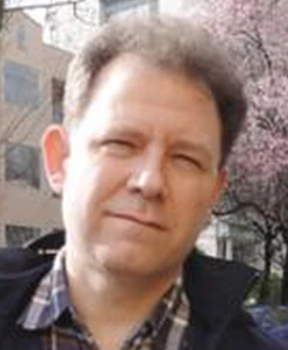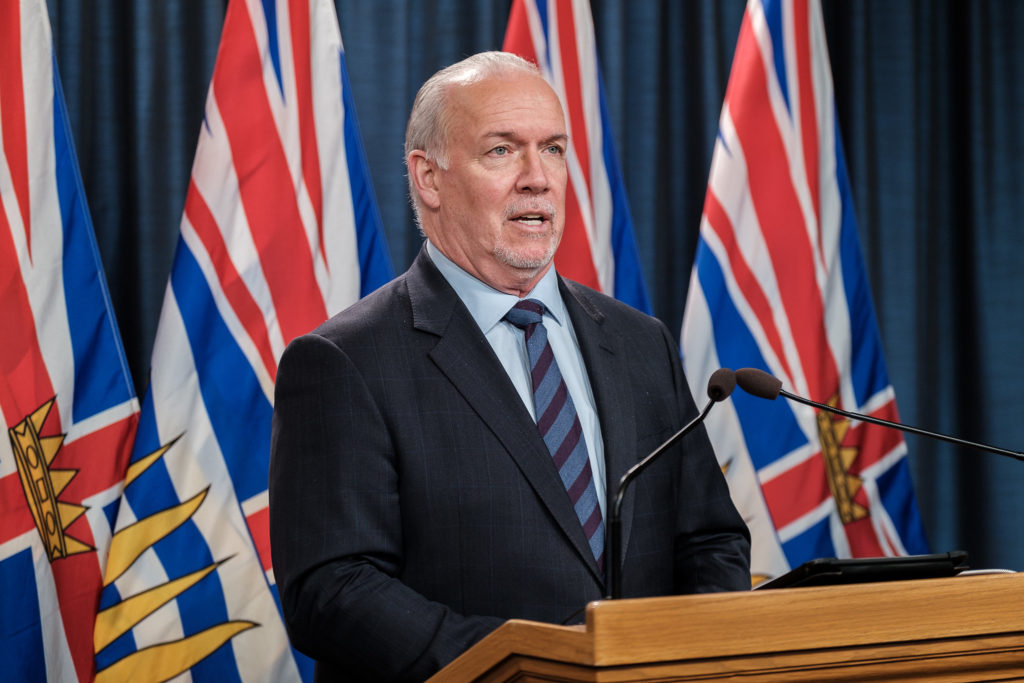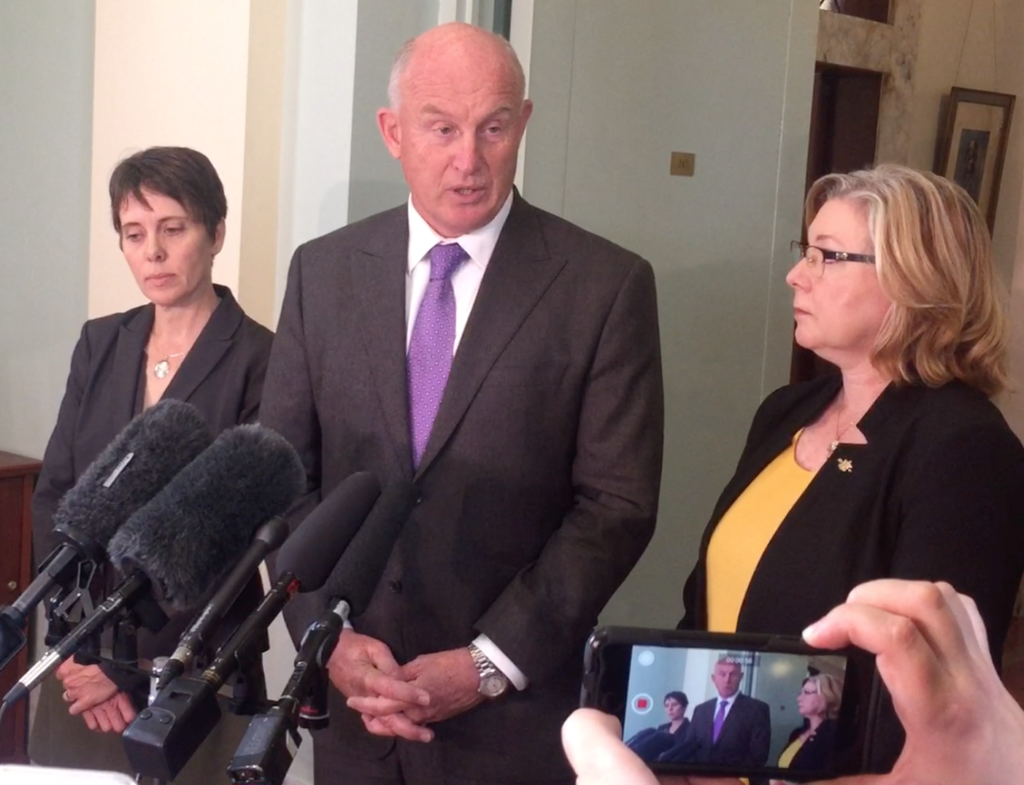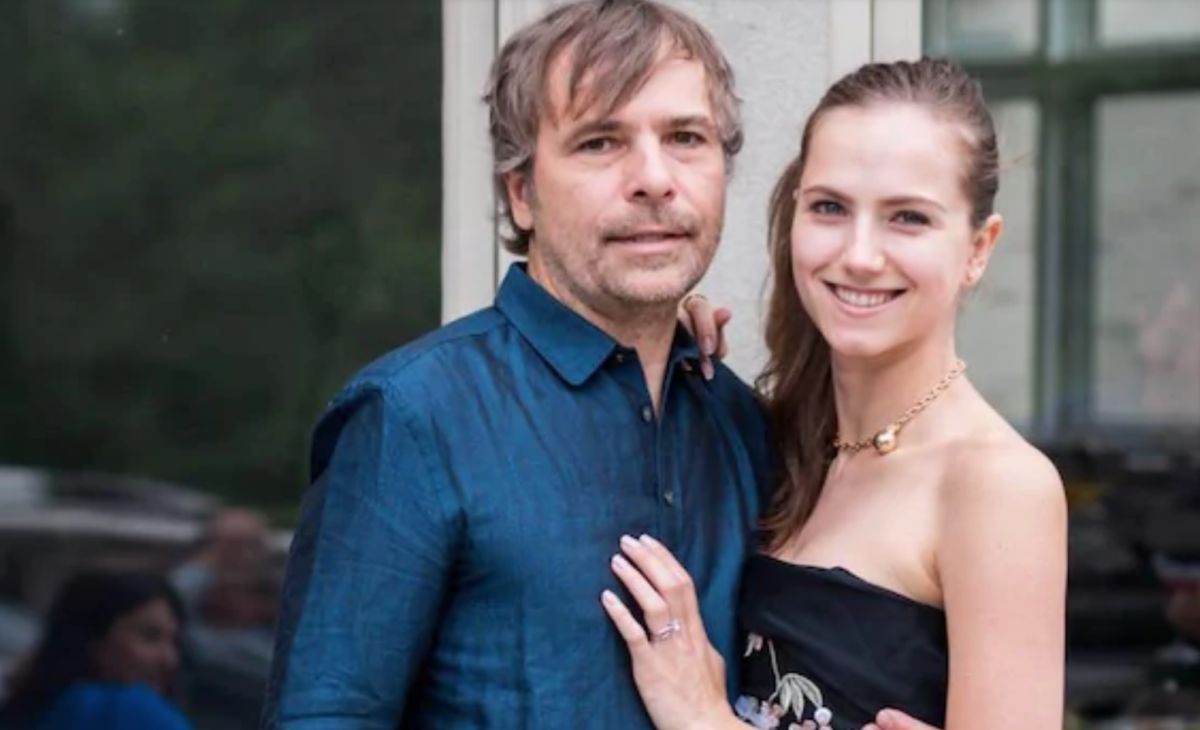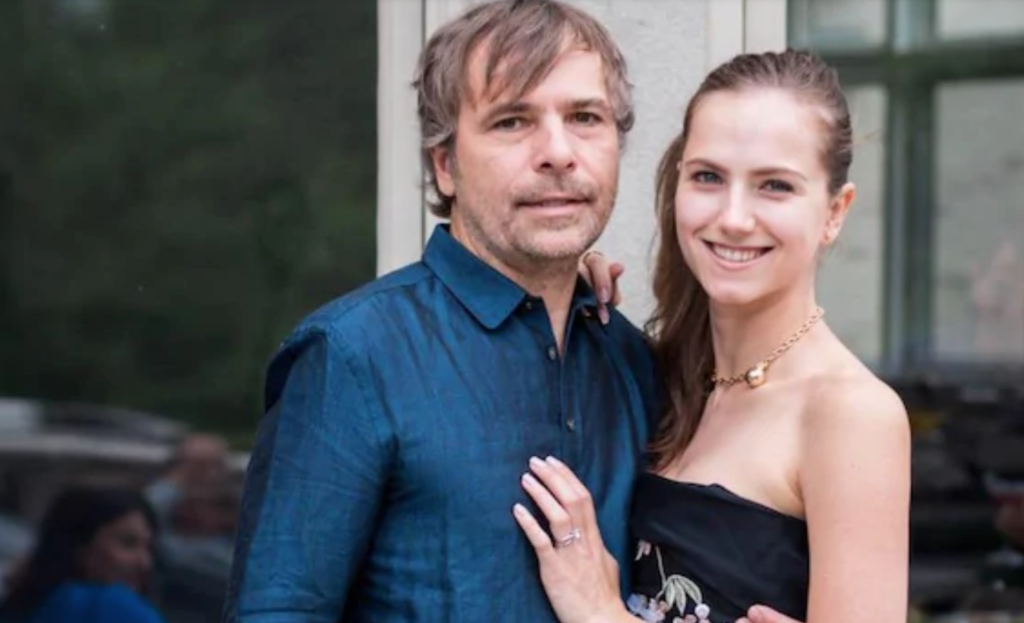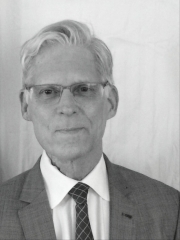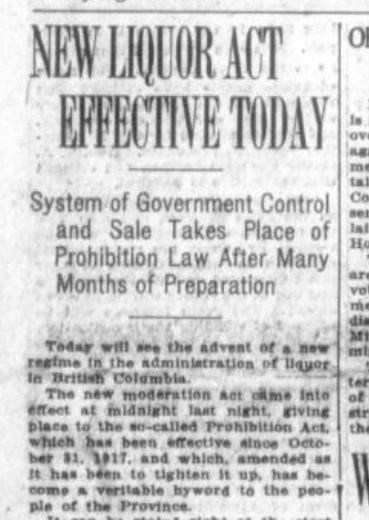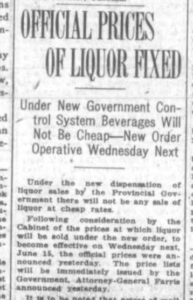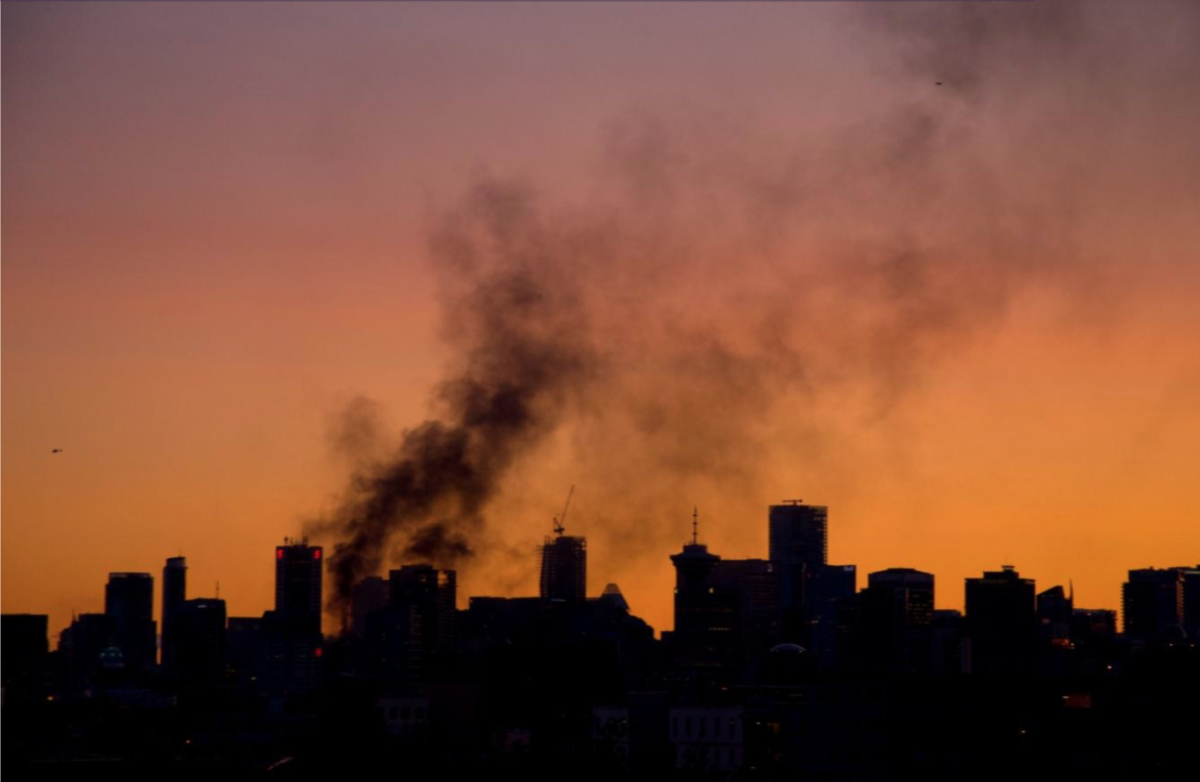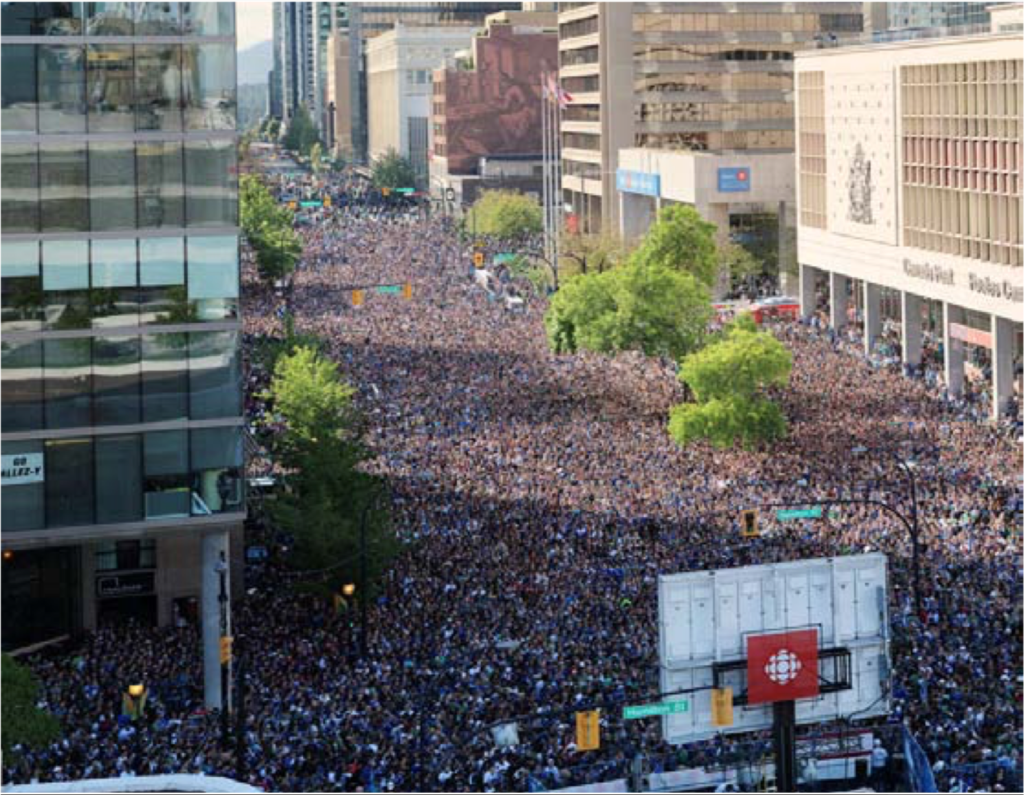Exclusive: Bizarre extortion bid was doomed to fail, says defence lawyer
Bob Mackin
The lawyer for a Vancouver man called her client’s bid to extort a wealthy person an ill-hatched scheme that was doomed to fail from the start.
Lu Ping Ricky Jiang, 50, received a 78-day conditional sentence on June 16 plus two years probation. He pleaded guilty in late January in Vancouver Provincial Court to making death threats and unsafely storing a pistol.
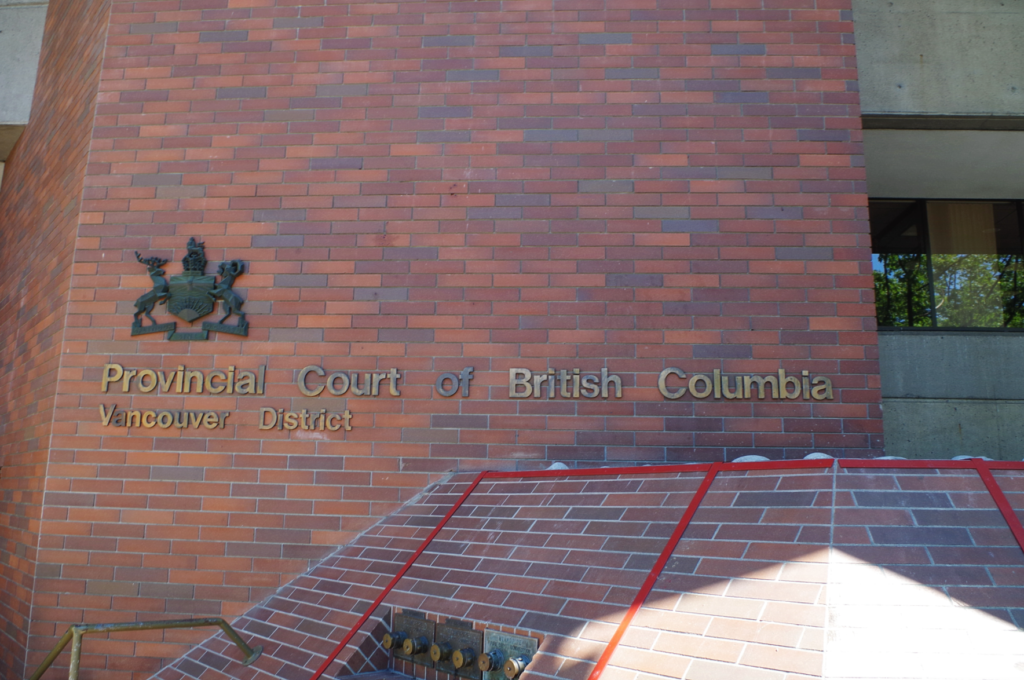
Vancouver Provincial Court (courthouses.co)
Judge James Bahen heard that between April 29, 2020 and Aug. 27, 2020, Jiang sent 14 letters in Chinese to his victim. Some of the envelopes contained bullets. Jiang also smashed bottles full of red paint on the exterior of the victim’s house.
Jiang had separated from his wife in 2019 and lost a produce delivery job in early 2020 due to the pandemic restaurant closures. He began to spend too much time on the Internet where he researched his target.
“He eventually was led into the dark web where he received the inspiration or the ideas behind an extortion attempt involving the use of bitcoin for payment, this is the basis for the plan,” Bahen said in his sentencing remarks.
Jiang sent three demand letters to his victim in late April 2020, that claimed he was a gangster who would provide “protection” in exchange for $800,000 worth of bitcoin. One of those letters came with a live 9 mm ammunition round and a threat to shoot the victim and the victim’s family if police were called or the payment wasn’t made. The letters said he could be contacted via an email address on Proton, the Swiss encrypted email service. He also threatened to defame the victim’s employer.
theBreaker.news cannot reveal the name of the victim because of a publication ban.
“If he had been successful, money would’ve been split three ways,” Bahen said. “One-third for himself and his family; one-third for the Children’s Hospital where one of his children were born and one-third would go to a foundation for the benefit of the two Canadian citizens held in China [Michael Kovrig and Michael Spavor].”
In mid-July 2020, detectives sent a phishing email to Jiang’s Proton address, including a QR code. Jiang opened the email and fell for the hack, but it took until mid-August for police to identify Jiang’s IP address.
Police traced one of the threatening letters to a Shoppers Drug Mart postal outlet on Kingsway where they obtained surveillance footage of Jiang buying envelopes, mailing a letter and leaving in a 2005 Chevrolet vehicle. The court also heard that Jiang sent handwritten threats to his victim in Chinese on hell money, which is burned in traditional Chinese ceremonies as an offering to the dead, and recycled an ICBC envelope for one of the letters he sent.
Vancouver Police eventually arrested Jiang on Aug. 27, 2020 where he lives with his elderly parents in East Vancouver. Officers seized five registered handguns and ammunition. One of them was an unloaded 9 mm Glock, semiautomatic pistol that was not secured. Court heard that Jiang obtained a firearms licence in 2016 and was a member of a Port Coquitlam shooting range.
“This was not something that was a momentary lapse of good judgment,” said Crown counsel Dan Mulligan. “Mr. Jiang had many opportunities to consider what he was doing and to change his course, yet he continued doing this until he was ultimately arrested.”
After his arrest, Jiang spent 28 days in jail. Court heard he had no prior criminal record, had fulfilled his bail conditions and had no history of addiction or mental illness.

The Jiang case featured a Glock pistol and Chinese hell money
Bahen also noted that the acts were not impulsive and they took place over a lengthy period of time.
“Mr. Jiang was sober when he made these letters and enclosed the ammunition, he was aware of the cultural significance of the hell money or death money and the red paint episode, and there was some personal effort to direct these paint bottles in a manner that would damage property and create a very vivid impact on anyone residing in those residences,” Bahen said.
Jiang’s lawyer Shelley Sugarman called him “one of the most-guileless persons I have represented.” She told the court that Jiang was attending university when he became involved in the student protests at Tiananmen Square in 1989. Two of his friends, aged 19 and 20, were killed in the Communist regime’s bloody crackdown on the peaceful pro-democracy protests.
He came to Canada 10 years later to join his sister and sponsored his parents to follow. His downward spiral began after losing a job in 2016. He lost his savings over the next two years at casinos. Since last summer’s arrest, he has joined a church and offered himself as a volunteer.
“Strange things have happened under the COVID sun, and this case is certainly one of them,” Sugarman said.
Jiang expressed his apologies to the victim in a statement he read in court. “It was a serious lack of judgment and I now express both remorse and a strong desire to address the personal issues at the heart of this matter,” he said.
Mulligan said the victim, through a lawyer, declined the opportunity to provide a victim impact statement.
Mulligan sought a six-month conditional sentence, two to three years probation and destruction of Jiang’s guns. Sugarman sought a suspended sentence.
Bahen gave Jiang 42 days credit for time served. He will serve the sentence at home for 78 days on the condition that he keeps the peace and behaves, including staying away from the victim’s two properties. He will be on probation for two years.
Bahen said the impact on the victim was “significant” and “there has to be a sentence that conveys the court’s concerns about the fear that would be generated by this.”
“I don’t have a doubt that Mr. Jiang is a person who will not, in the future, pose a risk to the community,” Bahen said.
Support theBreaker.news for as low as $2 a month on Patreon. Find out how. Click here.
Bob Mackin The lawyer for a Vancouver man






